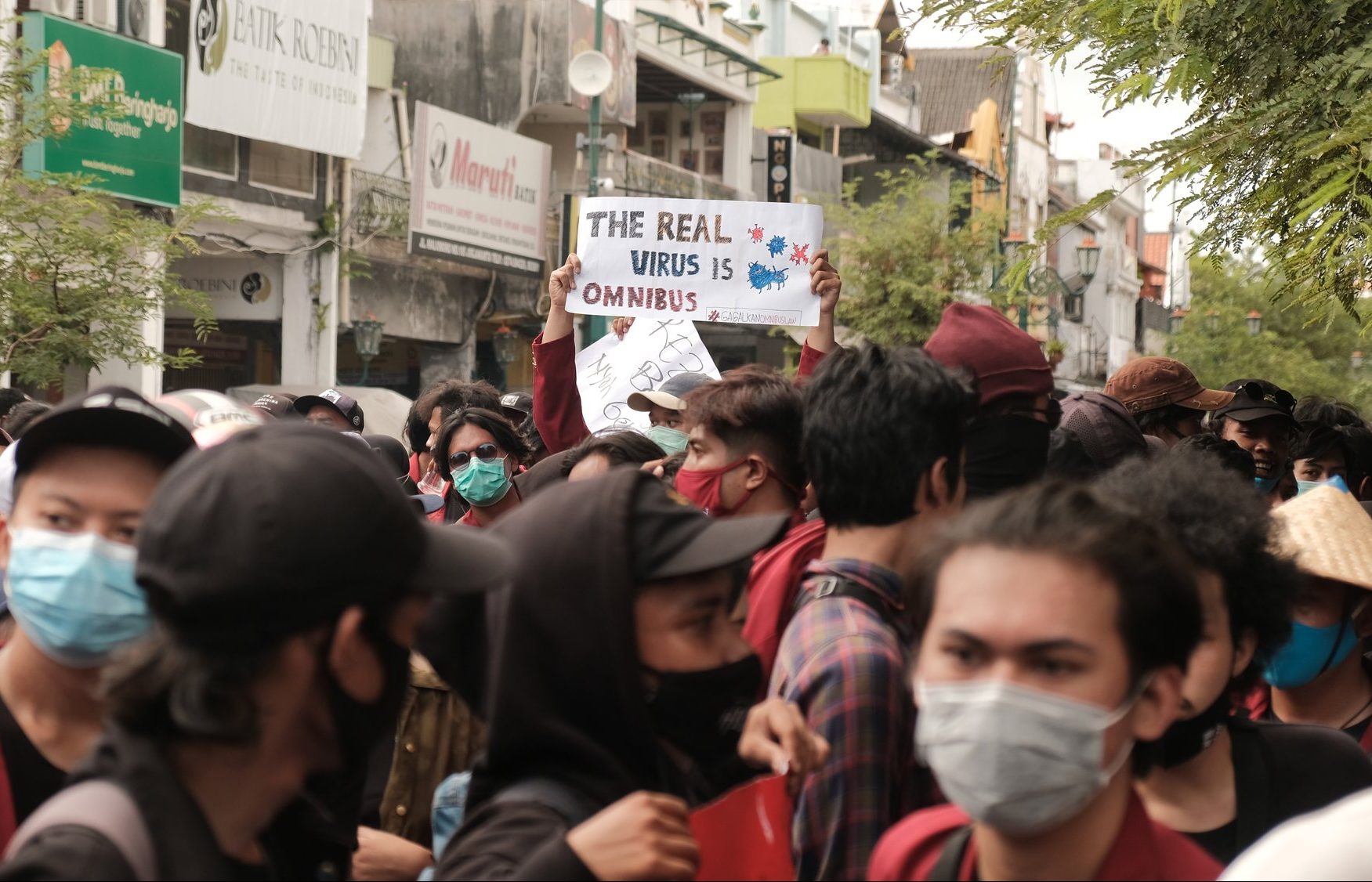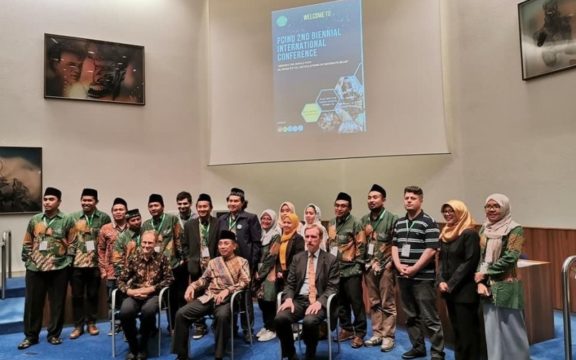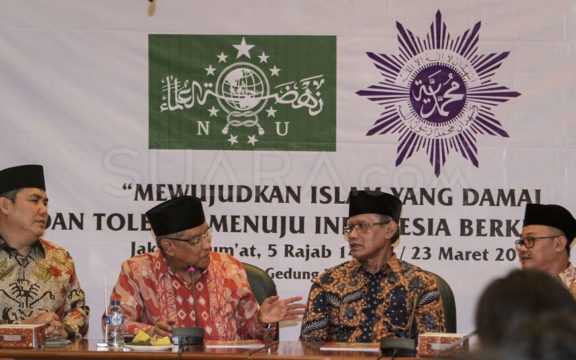“Why should we cherish “objectivity”, as if ideas were innocent, as if they don’t serve one interest or another? Surely, we want to be objective if that means telling the truth as we see it, not concealing information that may be embarrassing to our point of view. But we don’t want to be objective if it means pretending that ideas don’t play a part in the social struggles of our time, that we don’t take sides in those struggles. -Howard Zinn, American historian
As the result of the no confidence motion (#MosiTidakPercaya) following the newly passed Omnibus Bill, protesters show up everywhere across the country like a raging fire. Meanwhile, there are still voices of ‘neutrality’ whirling. Possibly hindering the struggle of those potentially deprived of their rights by the said bill. They usually start by asking, “Have you even read the bill?” (“Sudah baca undang-undangnya belum?”) to doubt the validity of any opinion opposing the bill. The question is everywhere to read on social media. Even celebrities, selebtwit and selebgram (celebrities who rise to fame with the help of either platform, Instagram or Twitter) jumped on the bandwagon to endorse it.
People insisting that one must first read the Omnibus bill thoroughly before speaking up implied that failing to do so renders the opinions invalid and may even be considered hoaxes or promoting hoaxes. They deliberately disregard the statement by some members of the Parliament disclosing that they did not get a hold of the hardcopy of the final bill when they were discussing it in the ‘quiet and discreet’ parliament meeting on the last Saturday. If it was not available for them then, it surely would not be soon for the public.
In this era of rapid information, it is especially uncomplicated for anyone to be enlightened on all the grievances of the bill. Almost nobody is allowed the excuse that they do not have time to at least search for the particulars that make this bill impolitic. Infographics are distinctly easy to read, for one would only need 1-3 minutes to digest all the details presented in them, which should help to sufficiently understand the bill, and in turn, to advocate for the oppressed. In other words, negligence is not a good enough reason for anyone to stay ‘neutral’.
What is alarming about this ‘neutral’ group of people arguing that those commenting on the bill should first-hand read the complete final bill is the sheer arrogance. Statements from experts in the fields of law, economy, labor movements, and even environment, apparently mean nothing to them unless they read the bill themselves, all 1000-ish pages of it. They contest these experts’ capability and credibility, dismissing their efforts to dismantle the bill for the public to understand. They neglect to take into account the possibility that the unabridged version of the bill might not be that comprehensible for the marginalized groups seriously affected by it.
Nahdlatul Ulama and Muhammadiyah as two of the most populous religious groups in the country have also released their statement with regard to the Omnibus bill, refusing to support on the basis of it being detrimental to labor rights and highly in favor of investors and employers. Said Aqil Siradj, the Chairperson of PBNU, as cited by Tirto.id, has stated that it is shameful that politicians only care about the people when they are vying for their votes, and then turned a blind eye on them once they no longer serve their purpose. As one of the religious leaders, he is speaking out of compassion for the people, and yet, it is still not enough for those who are ‘neutral’ to side with the oppressed. Anything could mean nothing to them unless they have read the bill themselves, all 1000-ish pages of it.
Some might ask, “What is so harmful about me being neutral about this?” One notable quote by Desmont Tutu, a South African Anglican cleric and a human rights activist, should answer that question, “If you are neutral in situations of injustice, you have chosen the side of the oppressor. If an elephant has its foot on the tail of a mouse, and you say that you are neutral, the mouse will not appreciate your neutrality.”
Now, if you see a herd of elephants from a far, and there is a den full of mice in front of you, would you rather just wait and see if the herd really steps on the mice, or would you go find a solution to help the mice, in any way you can?
![Islami[dot]co](https://en.islami.co/wp-content/themes/jambualas/images/logo.png)


